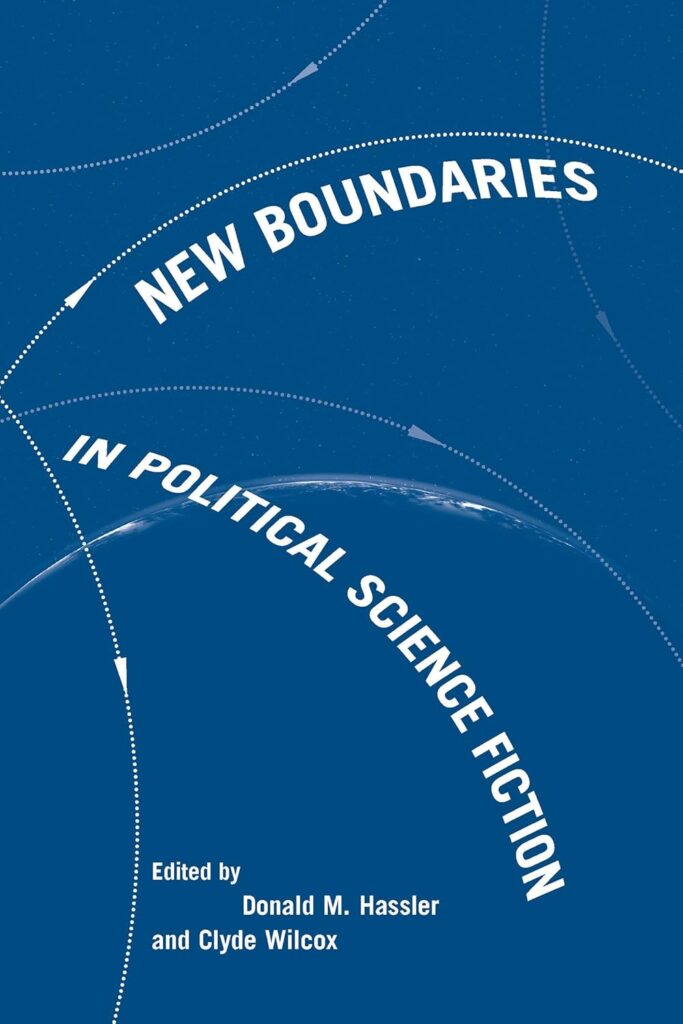How do politics and the science fiction and fantasy genres inform each other? Science fiction has always had a strong undercurrent of utopianism – writers as different in their ideological predilections as Robert Heinlein, Ursula Le Guin and Frederick Pohl have used it as a means to reimagine political and social arrangements better to their liking. The dominant political strain in post-Tolkien fantasy, in contrast, has been an unabashed nostalgia for the loss of organic bonds and feudal relationships (although there have been counter-strains of fantasy that has questioned these assumptions). China Miéville’s three New Crobuzon novels – Perdido Street Station, The Scar and Iron Council stand as an important – and entirely self-aware – counterargument to dominant strains in both fantasy and science fiction. Miéville’s work draws on both genres as well as horror. Indeed he argues that these three subgenres aren’t really distinguishable from each other, but instead form a common genre, which he dubs Weird Fiction. But even as he draws upon their tropes, he both reimagines them and argues with them.
Henry Farrell, “Socialist Surrealism: China Miéville’s New Crobuzon Novels,” New Boundaries in Political Science Fiction eds. Donald Hassler and Clyde Wilcox (University of South Carolina Press: 2008).
